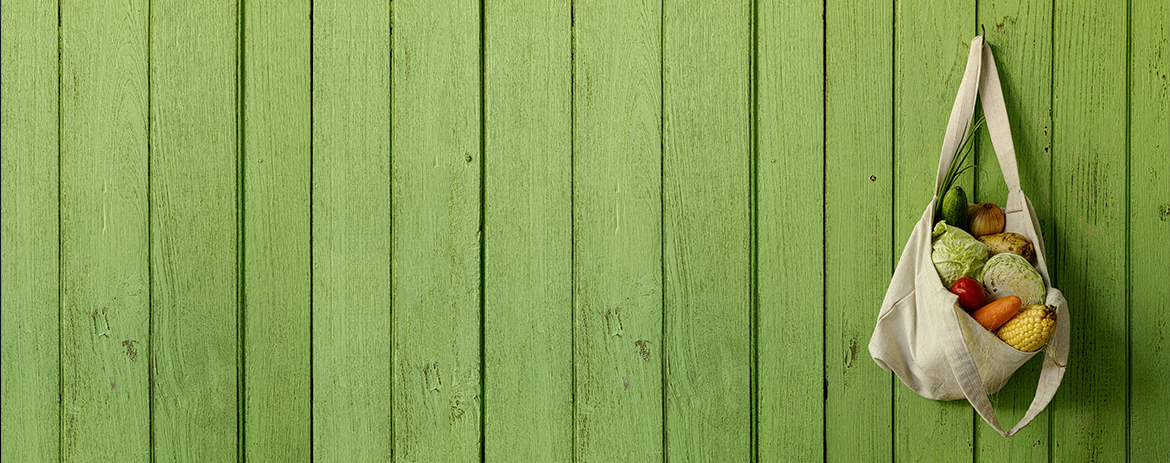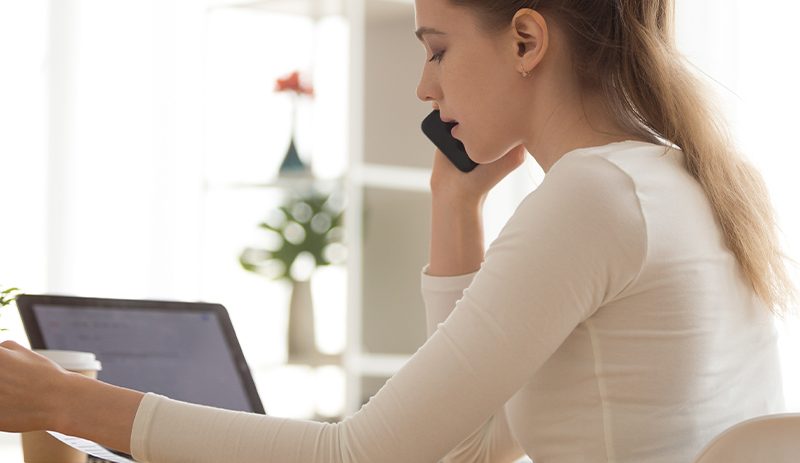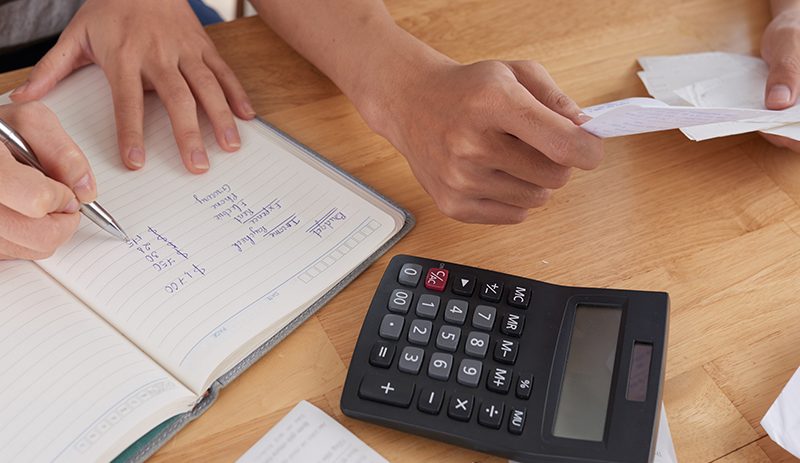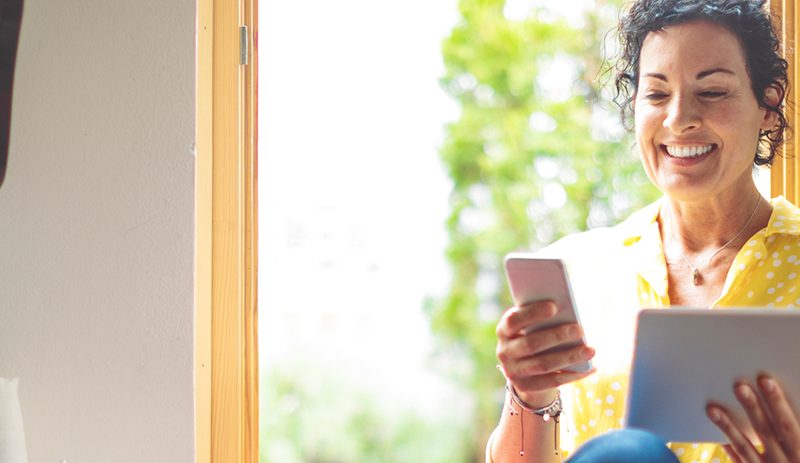Save money by taking the zero waste challenge
Zero waste saves money. Since I vowed to reduce my waste last year I’ve saved a bucket load of money.
But let’s get this clear. ‘Zero waste’ is a philosophy/lifestyle goal of reducing the amount of rubbish you personally send to landfill. No-one will be 100 per cent perfect unless they’re a Buddhist monk or a hermit.
The bonus is if you cut down on what you buy for environmental reasons you spend less overall. Yay!
On a personal level the great thing is that virtually everything I cut from my life has paybacks for my finances. Some of those over-packaged products I find I don’t need any more are in fact quite costly.
A word of warning, however: zero waste doesn’t save money you if you run to the shops and buy eco-this and eco-that instead of buying nothing at all.
There are many strategies I’ve used to save money already on my zero waste journey. Here’s a few.
Buy in bulk
If I’m going to avoid buying unnecessary packaging, I need to buy from the bulk bins, which are of course cheaper than packaged foods. Many zero wasters are best friends with The Source bulk bin chain or others such as Simply Bulk Foods, and Wasteless Pantry. Bulk bin supplies are often half the cost of buying the same item packaged in plastic at your regular supermarket. That’s a lot of money to pay for plastic. Many Indian-style supermarkets in Australia also sell a wide range of dried goods and spices in bulk bins and they’re usually cheaper than the trendy chains.
Buy second hand
Everything I buy new is more of the world’s resources wasted. So I bide my time and buy second hand now, which saves a lot of money. Sometimes the enforced wait allows me to forget the need, or I find a cheaper way. At the time of writing this I desperately wanted a leather desk pad holder. Sad, I know. But it’s the sort of thing people buy and don’t use, or they downsize the office and get rid of. Sooner or later one is going to turn up in the Salvos or Vinnies for a couple of bucks. By waiting I’m I’ve saving the planet, one desk pad at a time.
Say goodbye to all sorts of things
It’s amazing how many disposable items can be replaced with reusable or compostable equivalents. Try tampons and pads (washable pads and menstrual cups), nappies, paper towels and napkins, dental floss (silk floss is bio degradable), toilet paper (a bidet), aluminium foil, branded house cleaning products (when a microfibre cloth and water will do), peppermint tea (when I have peppermint in the garden), plastic toothbrushes and dish washing brushes, plastic razors and so on. This list could go on for pages.
Repair, repair, repair – don’t replace
I was very tempted to buy a new $849 coffee machine when mine stopped working recently. A $80 repair sufficed. It’s a good lesson and I repair everything I can instead of using the breakdown as an excuse to buy new. (For an enlightening lesson on why we need to recycle – and upcycle – hit up this video on YouTube.)
Sell it online
If I’m not going to waste stuff, then it follows that I have to find a use or home for what I no longer need. As a result I sell items online that might have sat cluttering my house and are too obscure to donate to a charity shop. Artists and craftspeople in particular are often looking for the obscure and have bought everything from a Lazy Susan to a kapok mattress for their creations.
Whilst most of us want to use fewer plastic bags, don’t bag yourself. Start your zero waste journey with baby steps. Get used to one change before you do the next. Pat yourself on the back for every single item you don’t buy, because you spend less and you dump less.
Credit Simple
Credit Simple gives all Australians free access to their credit score, as well as their detailed credit report. See how your credit score compares by age, gender and community and gain valuable insights into what it all means.
All stories by: Credit Simple


